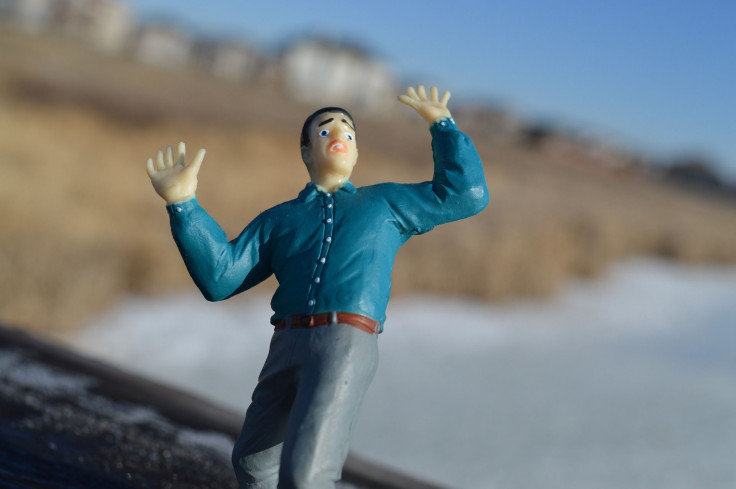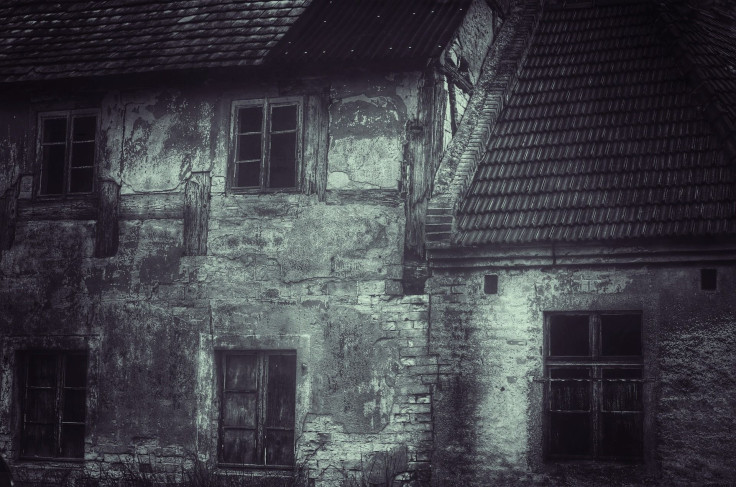The Science Of Scare: Horror Movies And Real Predators Are The Same In Our Minds

There are two kinds of people in this world: those who watch horror movies and those who do not.
Some people really relish a good scare, and get their fix going to haunted houses or turning on a frightening flick. It seems like an absurd practice on its surface, but a neuropsychiatrist told the L.A. Times that being scared can help someone relax once the terror-induced adrenaline rush subsides. In comparison, Katherine Brownlowe said, the type of people who avoid fear may re-live frightening experiences in their minds.
The rush of adrenaline fear junkies get is linked to the body’s fight-or-flight stress response, which brings a rapid heart rate and breathing and a movement from rational thought to instinct. One Cleveland-based psychiatrist, Dr. Felipe Amunategui, told ABC News that the pupils dilate, letting in more light, and there is more blood flow to the muscles: “This happens in a fraction of a second.” A horror movie has this effect in the same way actually facing a predator does because, ABC News says, “it relies on your brain making connections between fake and real events,” like imagining that an axe murderer could attack in both a movie and in reality.
In a way, it also has to do with physical evolution lagging behind social evolution. The Huffington Post notes, “While just a few hundred years ago our stressors were primarily physical, today the vast majority of stress is psychological — work, finances, families and the like. But our bodies have yet to catch up. And that means the stress response is still a physical one. Your boss yells, your body thinks ‘grizzly bear.’”
Brownlowe told the L.A. Times that some people ultimately find scares relaxing because of what happens within the body after the immediate stress response. “We have hormones and neurotransmitters that turn the volume up when we’re frightened, but once a person is no longer in a scary situation, there is a counter-balance system that calms things down,” she said. “The muscles relax. The heart rates go down. The brain relaxes.”

Determining who finds a scare appealing and who doesn’t can come down to the brain. Some people just love a good scare or have a higher fear threshold, the neuropsychiatrist said. Upbringing and personal experience can also play a role: “Someone who has been traumatized is less likely to enjoy things that are fearful,” according to Brownlowe. A lingering fear response is not all that far off from a reaction to trauma. “Those thoughts can continue to be intrusive and problematic even after some reasonable time has passed.”
Published by Medicaldaily.com



























